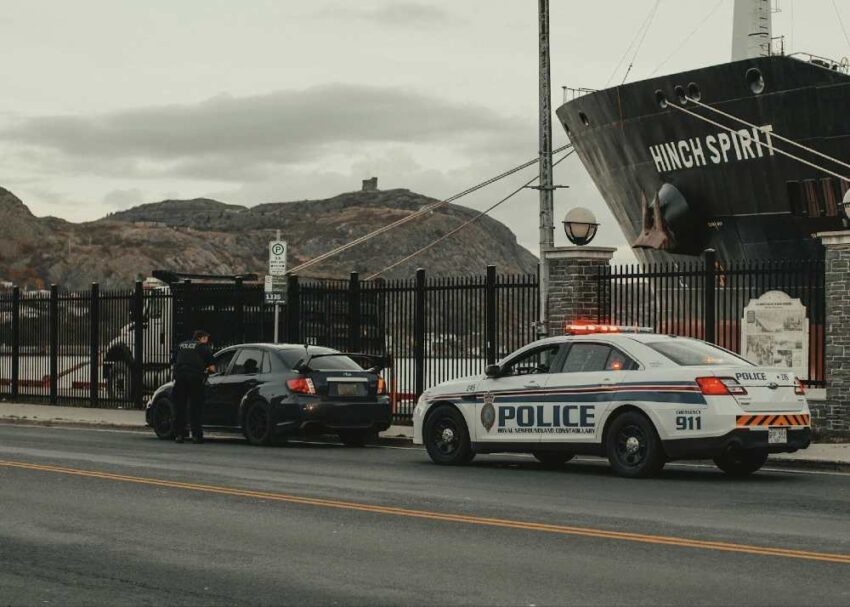In Houston, ensuring road safety is a top priority for law enforcement agencies. One strategy employed to combat impaired driving is the implementation of “No Refusal Weekends.” This initiative aims to deter drunk driving by strengthening enforcement measures and upholding legal standards.
Defining No Refusal Weekends:
No Refusal Weekends are targeted enforcement periods during which law enforcement agencies in Houston intensify efforts to combat impaired driving. The term “no refusal” refers to the practice of obtaining search warrants to compel individuals suspected of driving under the influence (DUI) or driving while intoxicated (DWI) to submit to blood alcohol concentration (BAC) testing, typically through blood draws.
Essentially during no refusal weekends, when an officer pulls you over for suspect that you are driving under the influence, you are not allowed to refuse taking a field sobriety test or a breathalyzer. On normal weekends, you can legally refuse these tests. No refusal weekends are found to be usually held during holidays where drinking may be prevalent such as St. Patrick’s Day, the 4th of July, New Year’s Eve, and more.
Implementation of No Refusal Weekends in Houston:
The implementation of No Refusal Weekends in Houston involves careful planning and coordination among various agencies, including law enforcement, prosecutors, and judicial authorities. Here’s how the process typically unfolds:
- Planning and Preparation: Law enforcement agencies plan No Refusal Weekends in advance, identifying target dates based on factors such as holidays, special events, and historical data on impaired driving incidents. During the planning phase, agencies allocate resources, such as personnel and equipment, to support enforcement efforts.
- Public Awareness Campaigns: Prior to the start of No Refusal Weekends, public awareness campaigns are launched to inform motorists about the initiative and its objectives. These campaigns utilize various channels, including social media, press releases, and roadside signage, to raise awareness and encourage responsible driving behavior.
- Increased Patrols and Checkpoints: Throughout No Refusal Weekends, law enforcement agencies increase patrols and conduct sobriety checkpoints at strategic locations across Houston. Officers are trained to detect signs of impaired driving and administer field sobriety tests to motorists suspected of DUI or DWI.
- Conducting Testing: Law enforcement officers will conduct a field sobriety test as well as breathalyzer test. If additional testing is needed, they can transport the individual to a designated facility, typically a hospital or mobile testing unit, where trained medical personnel perform blood draws to determine the individual’s BAC level.
- Legal Proceedings: Individuals who are found to have exceeded the legal limit for BAC may face penalties such as criminal charges for DUI or DWI. Prosecutors use the results of BAC testing as evidence in legal proceedings, and individuals have the opportunity to defend themselves against the charges in court.
If you were found with a high BAC and arrested during no refusal weekend, be sure to evoke your 5th amendment right and tell law enforcement that “I refuse to speak without my lawyer present.” Then contact a Houston DWI lawyer as soon as possible for legal help.
Impact of No Refusal Weekends:
No Refusal Weekends have proven to be an effective tool in deterring impaired driving and promoting road safety in Houston. By enhancing enforcement measures and ensuring swift consequences for offenders, these initiatives send a clear message that drunk driving will not be tolerated.
- Deterrence: The prospect of facing immediate BAC testing, with no refusal allowed, serves as a powerful deterrent against drunk driving. Knowing that there are consequences for refusing testing encourages motorists to think twice before getting behind the wheel while intoxicated.
- Increased Arrests and Prosecutions: No Refusal Weekends result in a higher number of DUI and DWI arrests, as law enforcement agencies are better equipped to gather evidence of impairment through BAC testing. This leads to increased prosecutions of offenders, sending a strong signal that drunk driving will be met with legal consequences.
- Safer Roadways: Ultimately, the primary goal of No Refusal Weekends is to make Houston’s roadways safer for all motorists, pedestrians, and cyclists. By removing impaired drivers from the streets and holding them accountable for their actions, these initiatives help prevent accidents, injuries, and fatalities caused by drunk driving.
Conclusion:
No Refusal Weekends represent a proactive approach to addressing the serious issue of impaired driving in Houston. By combining increased enforcement efforts with streamlined legal procedures, these initiatives send a clear message that drunk driving will not be tolerated, and offenders will be held accountable for their actions.
As part of a comprehensive strategy to promote road safety, No Refusal Weekends play a vital role in protecting the lives and well-being of everyone who shares the road. By supporting these initiatives and embracing responsible driving habits, we can work together to create a safer, more responsible driving culture in Houston and beyond.

